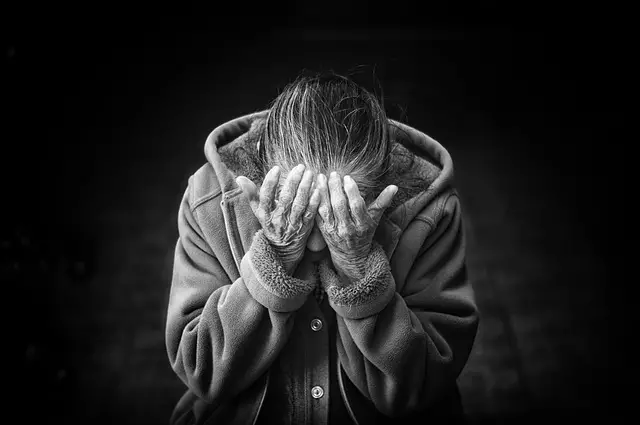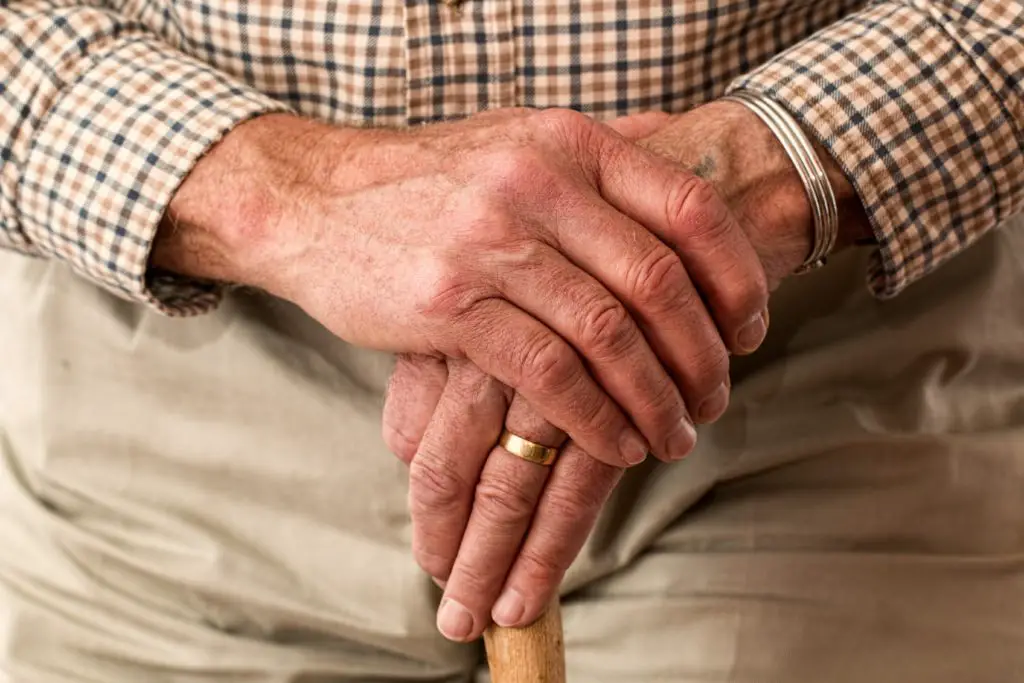Abuse Comes in Many Forms
Elder abuse is not always physical. It can be psychological, sexual, or even financial. Being savvy about retirement isn’t just about your retirement. There are times when it can mean looking after the interests of a parent or another family member.
No one likes to imagine that an elderly relative is suffering at the hands of somebody who is meant to care for them, but the sad truth is that is does happen. Elderly people residing in nursing homes, or even living independently with the help of a live-in or visiting care assistant have on some occasions been known to have suffered abuse at the hands of the very people who are supposed to be looking after them during this late stage of their life.
Although the vast majority of care professionals take pride in their work and would never do anything to intentionally hurt a patient, the minority of people in these positions who do use their job to abuse and inflict pain has made it even more crucial to understand how to spot the tell-tale signs of elder abuse.
Sudden Depression or Unexplained Mood Change
A sudden shift in mood can often be one of the leading subtle signs that an elderly person is suffering at the hands of someone who is meant to care for them. Oftentimes, elderly people who are victims of abuse do not speak up about their situation for a range of different reasons including fear, shame, or feelings of being a burden and not wanting to get in the way. These feelings can take their toll over time, leading to a significant change in mood which you will notice if you spend a lot of time with your elderly relative.
Unexplained Injuries
Although elderly people can often bruise more easily, if your elderly relative appears to have more cuts and bruises than normal and is reporting falling down the stairs, out of bed or walking into things more frequently, it could be a tell-tale sign that something more sinister is going on. It is not uncommon for victims of abuse to cover for the perpetrator by making up stories to explain away the physical injuries, blaming them on accidents that never actually happened. Although it could well be true that your relative is falling over more and has become unsteady, it’s always best to err on the side of caution if they appear to be getting injured a lot out of the blue.
Fear
Elderly people, especially those suffering from dementia and similar health complaints, can often be fearful as a result of the confusion. However, if your elderly relative is suffering at the hands of a carer or other person, they may show signs of fear when around this person, or beg you not to leave them because they are terrified of what might happen if they are left alone with their abuser. If your relative has suddenly started wanting to see you a lot more often and constantly asks you not to go, it might be a good idea to contact an elder abuse lawyer for more information. Check out Garcia Law to learn more..
Remember, elder abuse is not always physical. It can be psychological, sexual, or even financial. The best thing that you can do for your relative is to watch out for them and make sure that they know they can confide in you.



